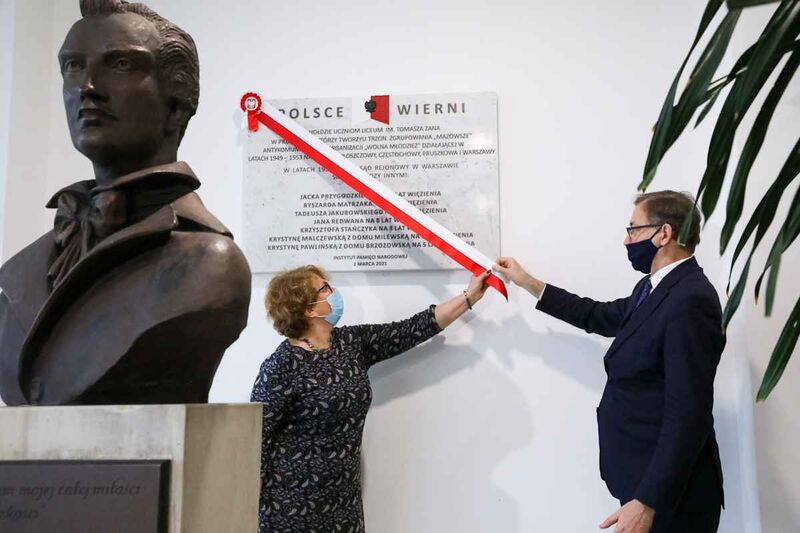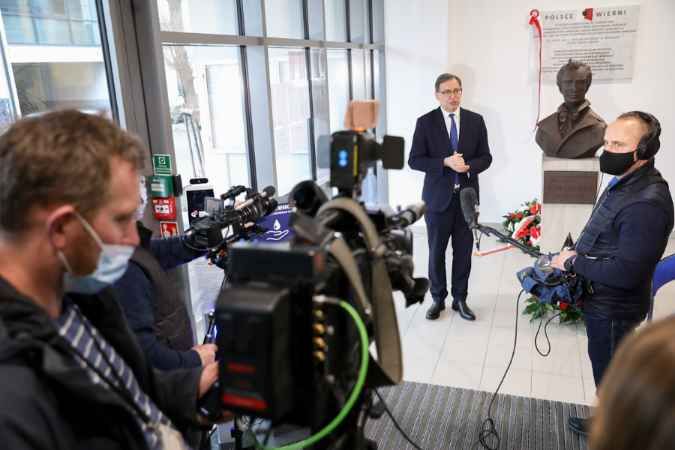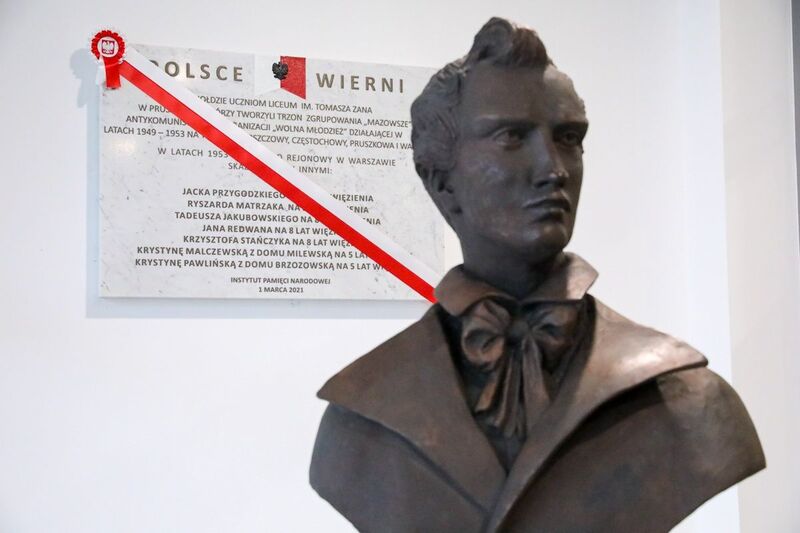The IPN’s head said these words on 28 February in Ciechanów in central Poland, where he went to commemorate the accursed soldiers from the region. Having laid a wreath at the dedicated plaque, he did the same at the building that used to house the local office of communist security services, and where countless opponents of the regime were murdered, crippled, abused and humiliated. Jarosław Szarek pointed out to the aspect of post-war years that is often overlooked by historians: the fate of civilians, relatives of the accursed soldiers or simply helpers often matched the fate of the actual combatants: they were persecuted, very often unlawfully, and prosecuted by the repression apparatus.
We remember the soldiers, but we must also remember the people whose names we won’t find on the plaque. Their families, their loved ones who paid the price that was just as high.
-
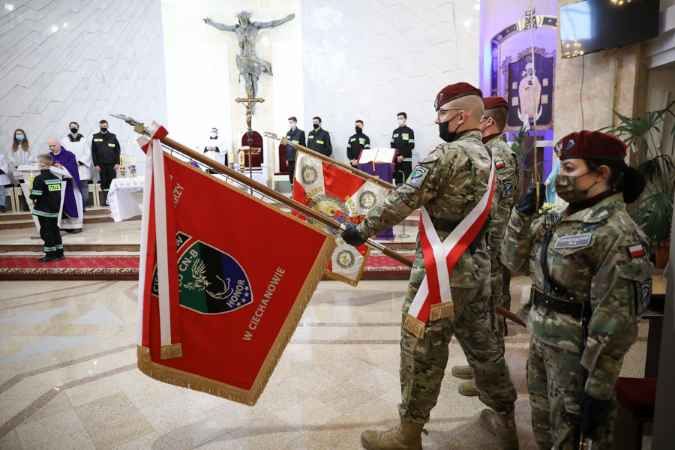
The IPN's head commemorating the anti-communist resistance in Ciechanów and nearby villages -
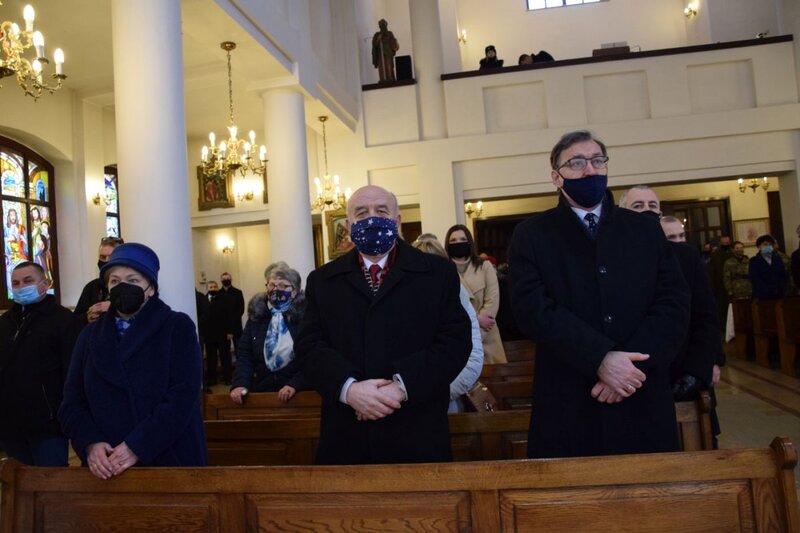
The IPN's head commemorating the anti-communist resistance in Ciechanów and nearby villages -
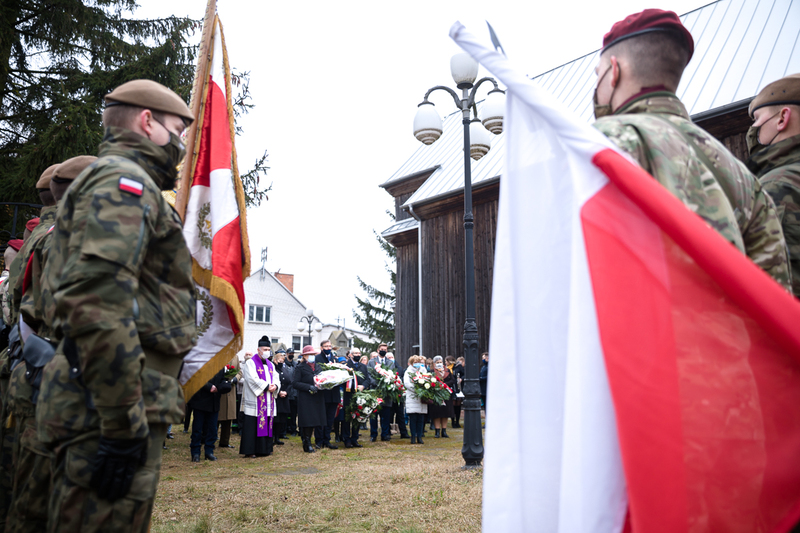
The IPN's head commemorating the anti-communist resistance in Ciechanów and nearby villages -
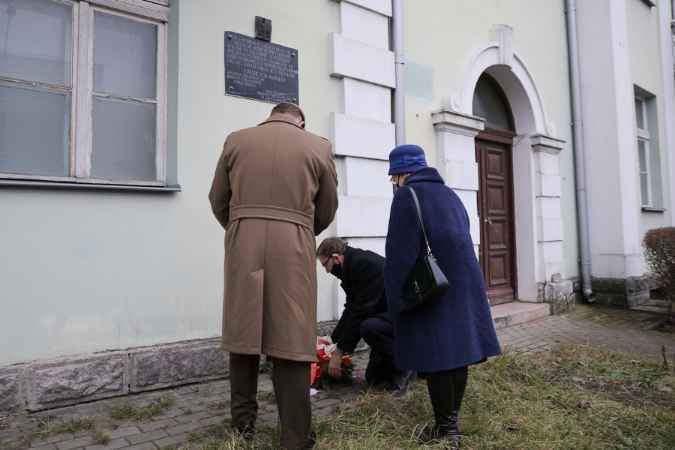
The IPN's head commemorating the anti-communist resistance in Ciechanów and nearby villages -
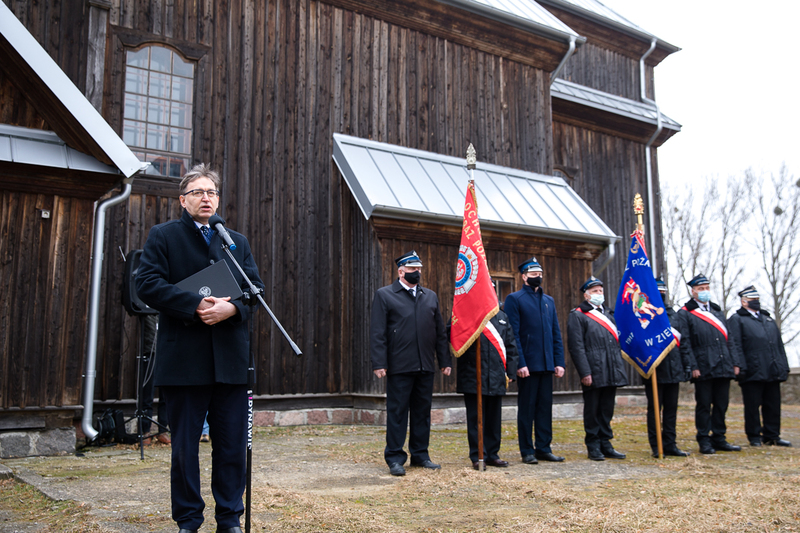
The IPN's head commemorating the anti-communist resistance in Ciechanów and nearby villages -
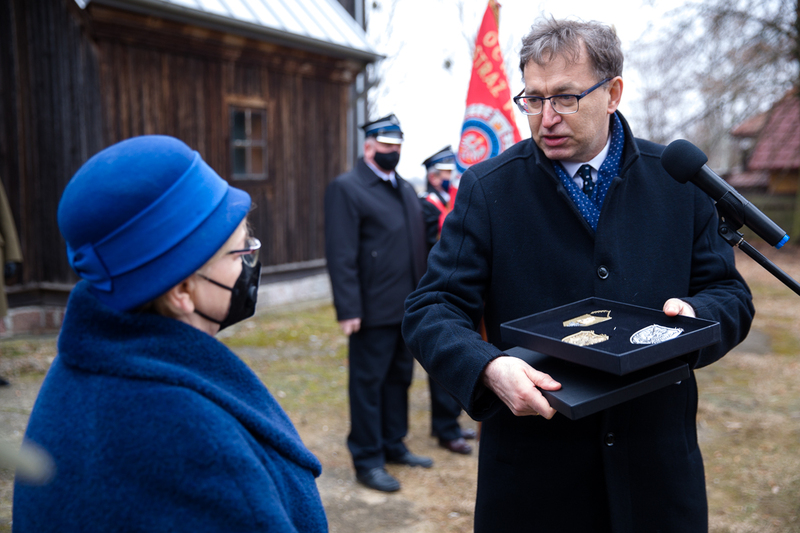
The IPN's head commemorating the anti-communist resistance in Ciechanów and nearby villages -
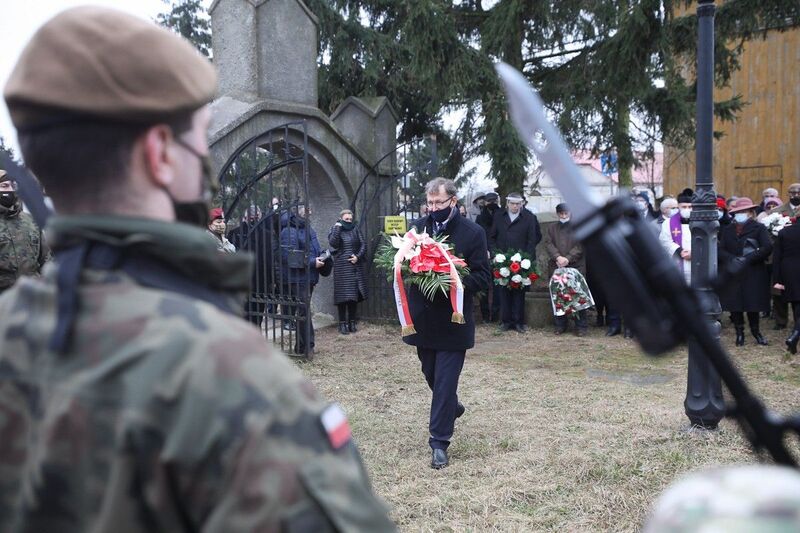
The IPN's head commemorating the anti-communist resistance in Ciechanów and nearby villages -
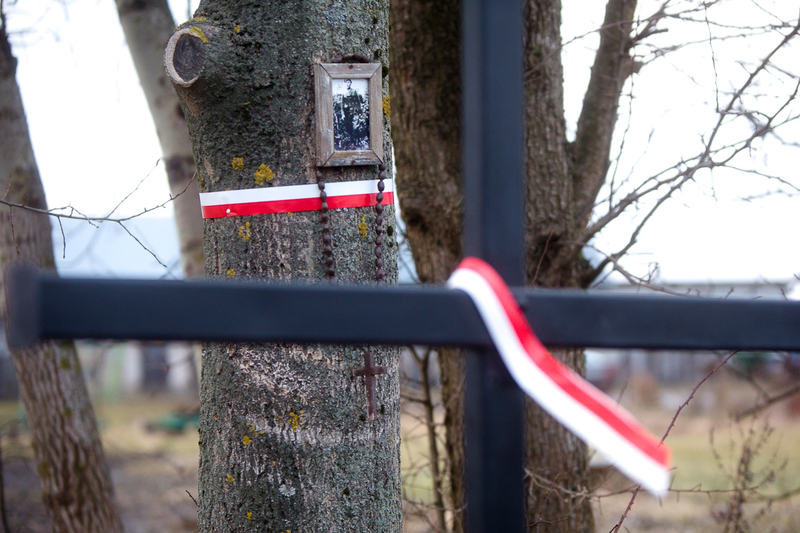
The IPN's head commemorating the anti-communist resistance in Ciechanów and nearby villages -
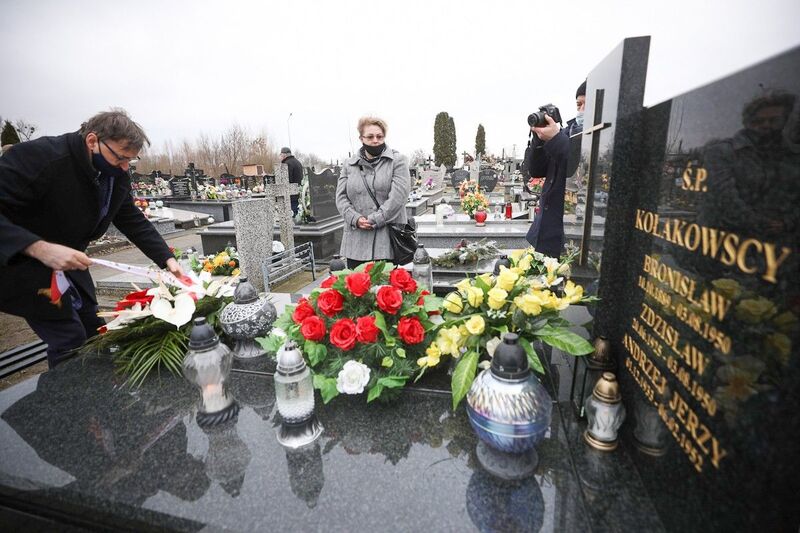
The IPN's head commemorating the anti-communist resistance in Ciechanów and nearby villages
On 1 March in Pruszków, Jarosław Szarek unveiled a memorial plaque commemorating the "Free Youth" underground organization, which in 1946 was born in a secondary school in Włoszczów, but soon spawned to Pruszków, Częstochowa and Warsaw. It was one of hundreds of such groups in the country, spontaneously formed to counter communist propaganda and indoctrination. While the anti-communist underground generally drew grown-ups (admittedly, many of them very young), here it was teens, barely out of their childhood, who decided to express their dissent to the Soviet-sponsored rule through education.
The group, active between 1946 and 1952, in 1953 was broken up by the security services. Its members stood trial and were handed out prison sentences ranging from 5 to 10 years.
